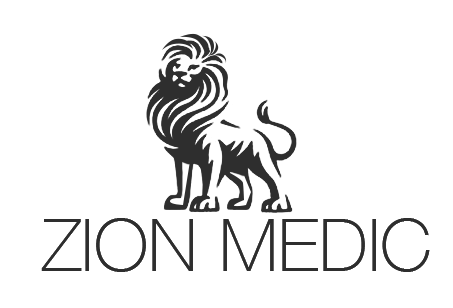Neurology
Zion Medic specializes in finding the right doctor for each patient. We understand that coping with a medical condition can be very stressful and it is our job to remove the stress and make the process of finding the right treatment as easy as possible for you. We will make sure you receive first-rate care for your particular needs, from the top specialist and the appropriate hospital department through to accommodation and care, leaving you stress-free and able to focus on your treatment and recovery.
All the major hospitals in Israel have dedicated neurology departments which are staffed and equipped to treat the full gamut of neurological conditions. As with most fields of medicine in Israel, a strong emphasis is placed on holistic patient care, treating the whole person, and not just their illness. As such, all the neurology departments have multi-disciplinary teams, including neurologists, neurosurgeons, radiologists, physiotherapists, and specialised nursing staff.
Each hospital has its own particular areas of specialisation within the field of neurology. Sheba Tel Hashomer Hospital has units for stroke patients, parkinson’s disease, epilepsy and other seizure disorders, caring for over 10,000 patients each year. Hadassah Hospital has a specialist unit for treating multiple sclerosis, a geriatric and alzheimers department, a dedicated stroke ward, a department for treatment and research into ALS and also has a clinic for assessment and treatment of all types of headache. Rambam Hospital, as well as offering a stroke ward and MS clinic, also boasts an innovation in the treatment of Parkinson’s disease with MRI-guided focused ultrasound for the non-invasive treatment of tremors.
There are many treatment options for neurological conditions in Israel, both surgical and medical, including:
- Acoustic neuroma surgery/radiosurgery
- Brain SPECT and PET imaging
- Cranial aneurysm treatment
- Cranioplasty
- Craniotomy
- Electroencephalography (EEG)
- Electromyography
- Endoscopic and minimally-invasive brain surgery
- Genetic testing
- Metabolic testing
- Microvascular decompression for pain syndromes
- MRI and functional MRI
- Peripheral nerve reconstruction
- Pituitary surgery
- Shunt procedures for hydrocephalus
- Skull base tumor and reconstructive surgery
- Stereotactic brain biopsy
- Stereotactic radiosurgery
- Surgical treatment of epilepsy
- Surgical treatment of functional disorders, including Parkinson’s disease and other motor disorders
- Treatment of stroke/Revascularization by thrombolysis or embolectomy/Local intra-arterial thrombolysis/Embolectomy


